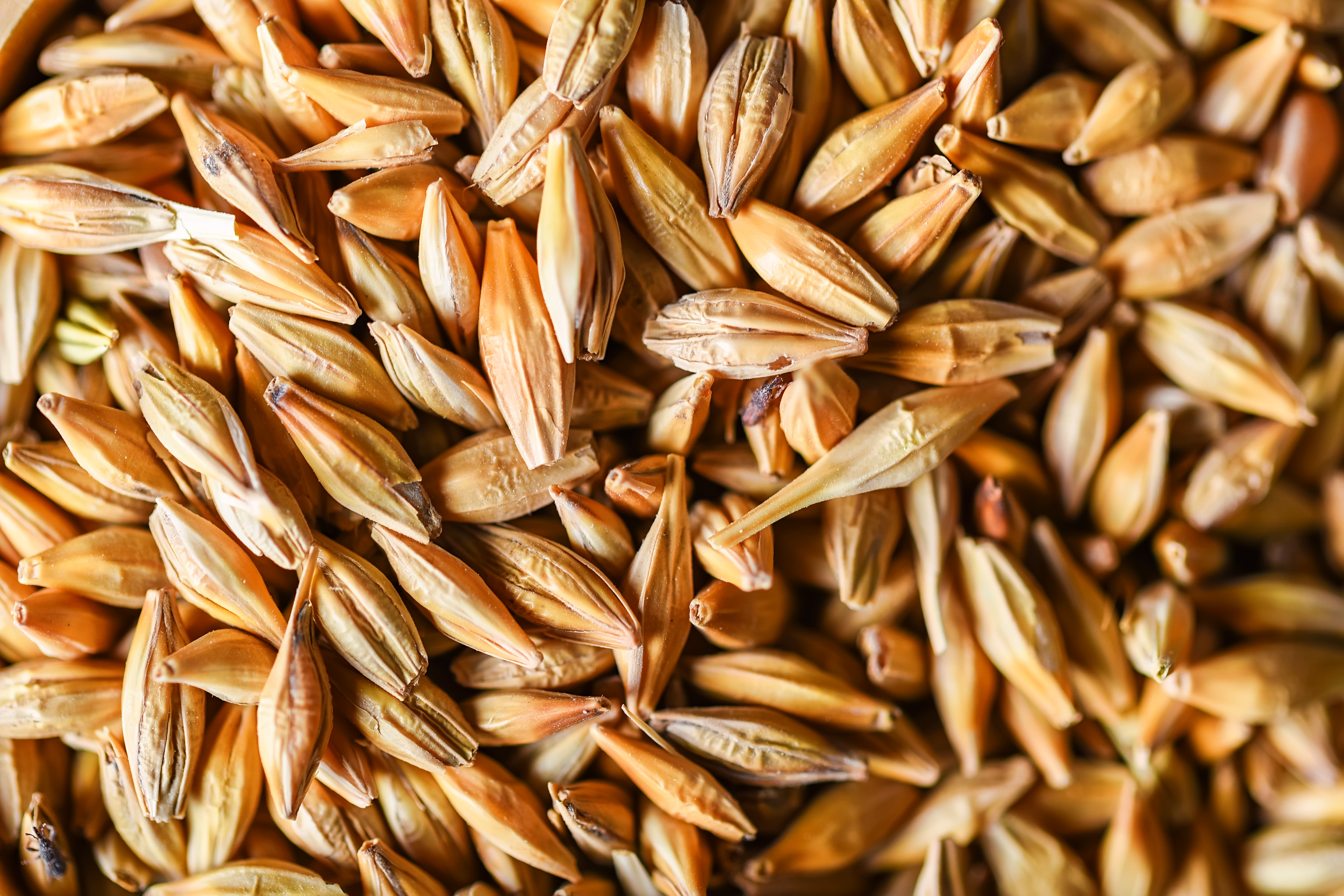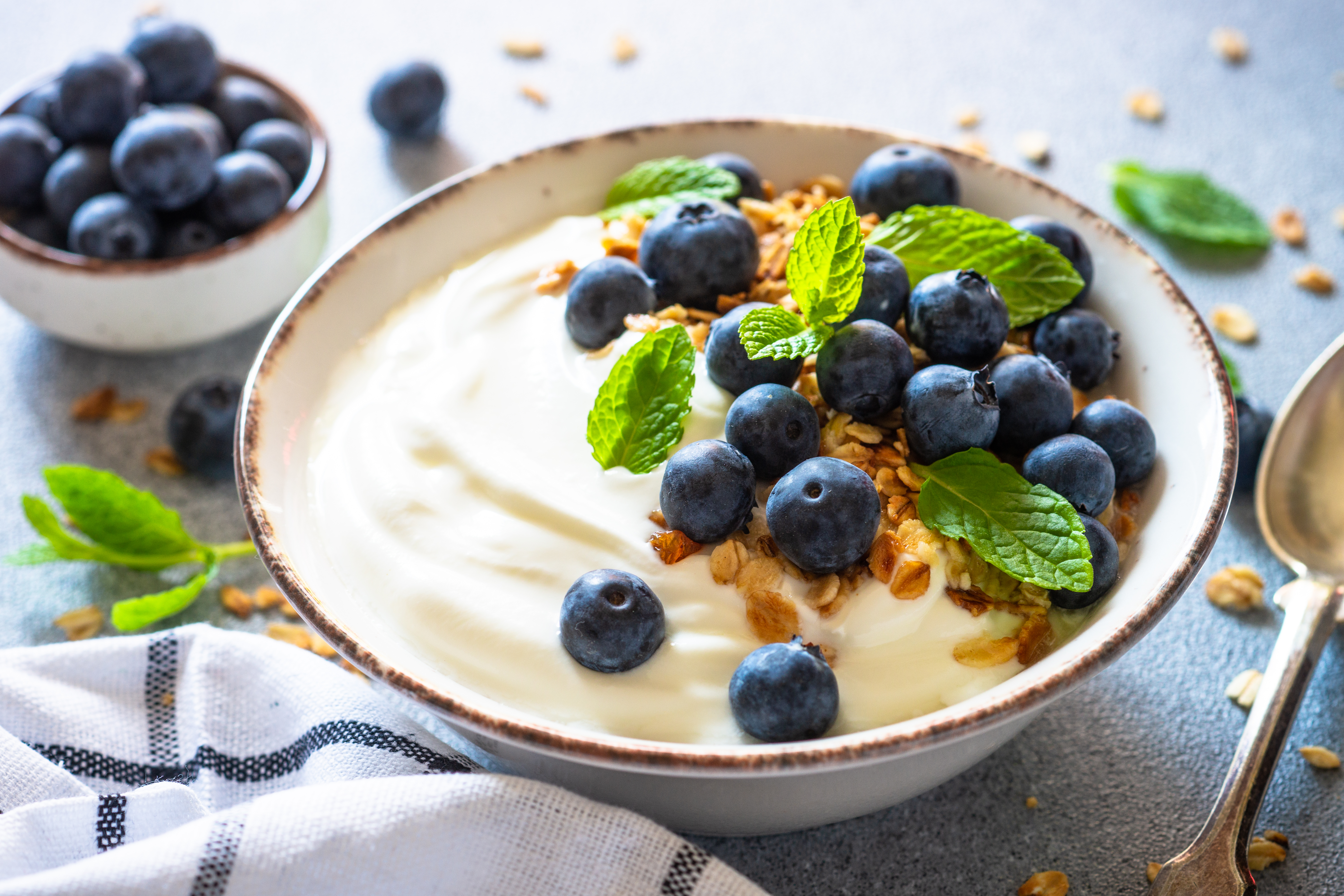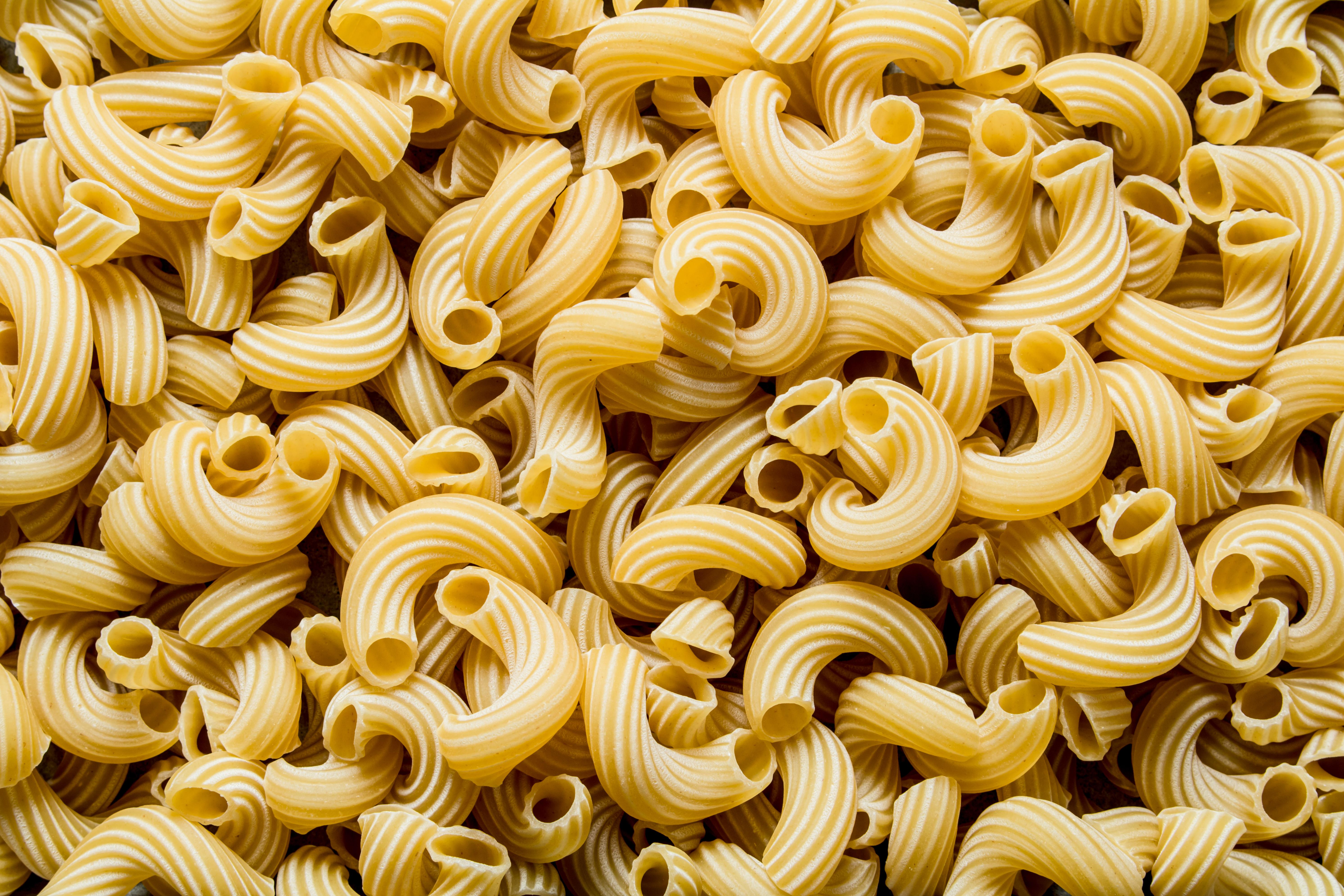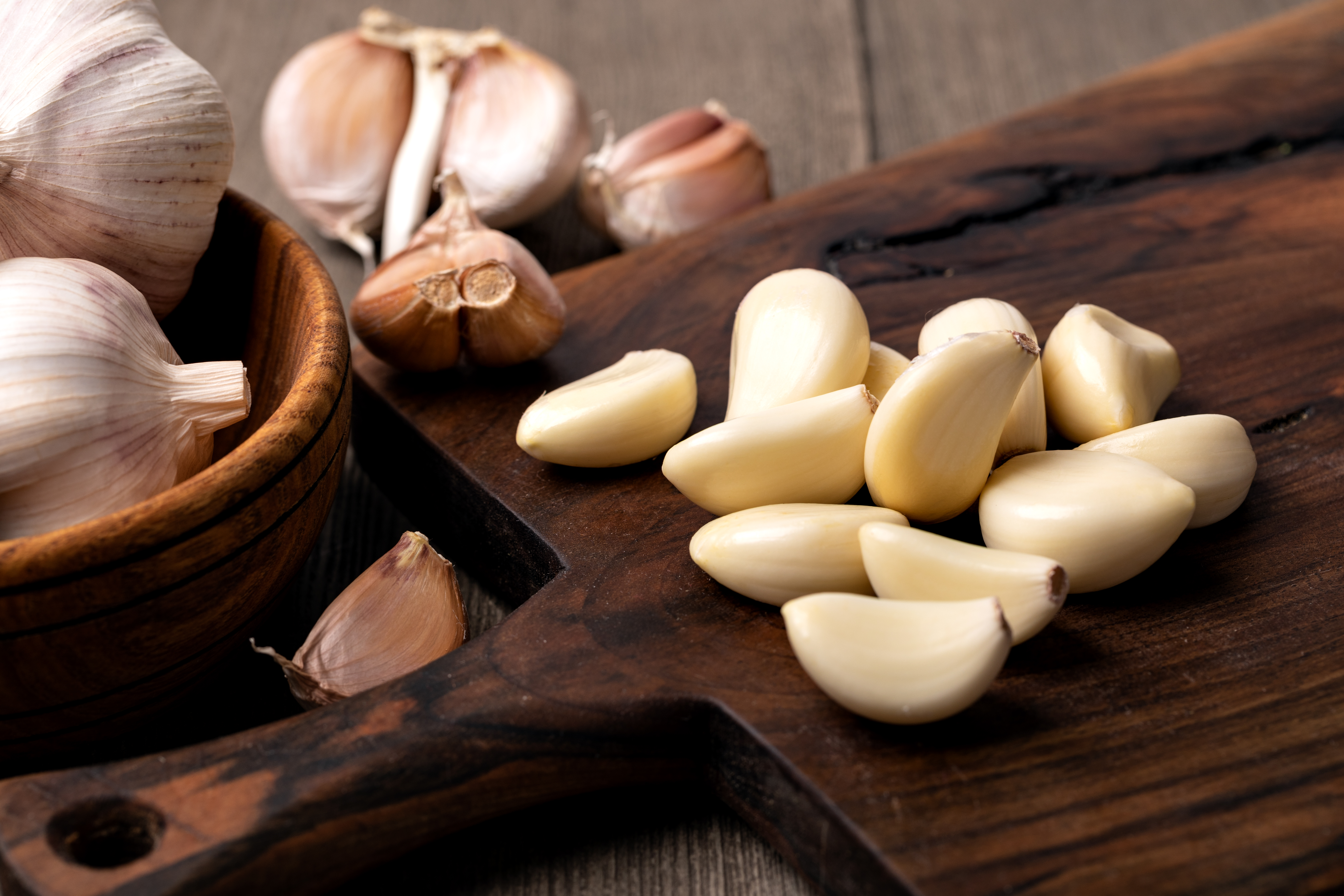Best Habits for a Healthier Gut
In recent years, the importance of gut health has surged to the forefront of wellness discussions, and for good reason. The gut, often referred to as the "second brain," plays a crucial role in our overall health and well-being. A balanced gut microbiome not only aids in digestion but also influences our mood, immune system, and even skin health. This intricate connection between the gut and the brain underscores the significance of nurturing our digestive system with care. As we embark on this journey to explore the top 10 daily habits that support a happier, healthier gut, we aim to uncover how small, consistent changes can make a profound impact on our lives.
1. Prioritize a Fiber-Rich Diet

Fiber is a fundamental component of gut health, serving as the primary fuel for beneficial gut bacteria. Incorporating a variety of fiber-rich foods, such as fruits, vegetables, whole grains, and legumes, supports a diverse microbiome. Soluble fiber, found in oats and apples, helps regulate blood sugar levels and lowers cholesterol, while insoluble fiber, present in whole grains and vegetables, aids in bowel regularity. By consciously including these foods in your daily meals, you not only promote digestive health but also enhance the gut's ability to produce short-chain fatty acids, which are vital for maintaining the gut lining and reducing inflammation.
2. Hydration: The Unsung Hero

Staying adequately hydrated is often overlooked in discussions about gut health, yet it plays a pivotal role in maintaining digestive efficiency. Water aids in breaking down food, facilitating nutrient absorption, and ensuring smooth passage through the intestines. Dehydration can lead to constipation and disrupt the delicate balance of gut bacteria. To nurture your gut, aim to drink at least eight glasses of water daily, adjusting for factors such as climate and physical activity. Herbal teas and water-rich foods like cucumbers and melons can also contribute to your hydration goals, supporting a thriving gut environment.
3. Embrace Probiotics and Fermented Foods

Probiotics, the live beneficial bacteria found in fermented foods, are essential for a balanced gut microbiome. Incorporating foods like yogurt, kefir, sauerkraut, kimchi, and miso into your diet can replenish and diversify gut bacteria. These foods not only improve digestion but also enhance the body's immune response and mental health. Regular consumption of probiotics can help alleviate symptoms of irritable bowel syndrome (IBS) and other digestive disorders. By embracing fermented foods, you cultivate a gut environment that is resilient, adaptable, and better equipped to fend off pathogens and inflammation.
4. Mindful Eating: A Holistic Approach

Mindful eating involves paying attention to the sensory experience of eating, promoting better digestion and nutrient absorption. By slowing down and savoring each bite, you allow your body to effectively process food, reducing the risk of overeating and bloating. This practice encourages a deeper connection with your body's hunger and satiety signals, promoting a balanced gut. Mindful eating also reduces stress, which can negatively impact gut health by disrupting the gut-brain axis. By fostering a calm and focused eating environment, you support a harmonious relationship between your mind, body, and gut.
5. Regular Physical Activity

Engaging in regular physical activity is not only beneficial for cardiovascular health but also plays a crucial role in maintaining a healthy gut. Exercise stimulates the growth of beneficial bacteria and enhances microbial diversity. Activities such as walking, cycling, and yoga have been shown to positively influence gut health by reducing inflammation and promoting bowel regularity. Furthermore, exercise can alleviate stress and anxiety, which are known to disrupt gut health. By incorporating at least 30 minutes of moderate exercise into your daily routine, you foster a gut environment that is robust and resilient.
6. Stress Management Techniques

Chronic stress can wreak havoc on gut health, leading to digestive issues and an imbalanced microbiome. Stress activates the body's fight-or-flight response, which can alter gut motility and increase intestinal permeability. Implementing stress management techniques such as meditation, deep breathing exercises, and mindfulness can mitigate these effects. Regular practice of these techniques not only calms the mind but also supports the gut-brain axis, reducing the production of stress hormones that can harm the gut. By prioritizing stress reduction, you create a more stable and nurturing environment for your gut.
7. Adequate Sleep for Gut Restoration

Sleep is a vital component of gut health, allowing for the repair and regeneration of gut tissues. During sleep, the body performs essential maintenance tasks, including the regulation of hormones that influence appetite and digestion. Poor sleep quality can disrupt the gut microbiome, leading to issues such as increased inflammation and insulin resistance. To support gut health, aim for 7-9 hours of quality sleep each night, maintaining a consistent sleep schedule. Creating a calming bedtime routine and minimizing exposure to screens before bed can enhance sleep quality, fostering a healthier gut.
8. Limit Processed Foods and Sugars

Processed foods and refined sugars can negatively impact gut health by promoting the growth of harmful bacteria and reducing microbial diversity. These foods often contain additives and preservatives that can irritate the gut lining and contribute to inflammation. By reducing your intake of processed foods and opting for whole, nutrient-dense alternatives, you support a balanced gut microbiome. Focus on incorporating fresh fruits, vegetables, lean proteins, and healthy fats into your meals. This shift not only benefits your gut but also supports overall health, reducing the risk of chronic diseases.
9. Regular Meal Timing

Establishing regular meal times can significantly benefit gut health by regulating digestive processes and hormone production. The body's internal clock, or circadian rhythm, influences digestion, and consistent meal timing aligns with this natural rhythm. Irregular eating patterns can disrupt the gut microbiome and lead to digestive discomfort. By eating at roughly the same times each day, you support the body's natural digestive cycles, promoting efficient nutrient absorption and bowel regularity. This practice also helps stabilize blood sugar levels and reduces the risk of overeating, contributing to a healthier gut.
10. Incorporating Prebiotics in Your Diet

Prebiotics are non-digestible fibers that serve as food for beneficial gut bacteria, promoting their growth and activity. Foods rich in prebiotics include garlic, onions, leeks, asparagus, and bananas. Incorporating these foods into your diet enhances the production of short-chain fatty acids, which are crucial for gut health. Prebiotics also support the gut lining and reduce inflammation, creating a favorable environment for probiotics to thrive. By consciously including prebiotic-rich foods in your meals, you foster a synergistic relationship between prebiotics and probiotics, nurturing a more robust and healthy gut microbiome.
The Path to Gut Wellness

Embarking on a journey to nurture a happier, healthier gut involves a holistic approach that encompasses diet, lifestyle, and mindfulness. By integrating these 10 daily habits into your routine, you lay the foundation for improved digestion, enhanced mental well-being, and a stronger immune system. Each habit, from prioritizing fiber and hydration to managing stress and sleep, contributes to a balanced gut microbiome that supports overall health. As you embrace these practices, remember that consistency is key, and small, incremental changes can lead to profound transformations in your gut health and beyond.